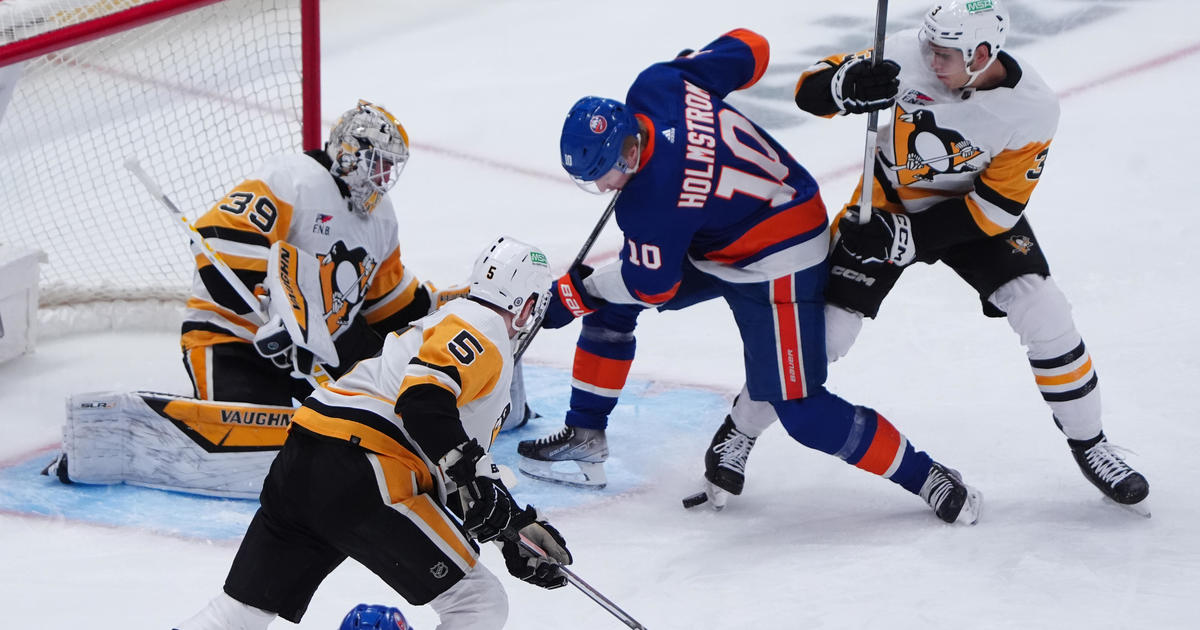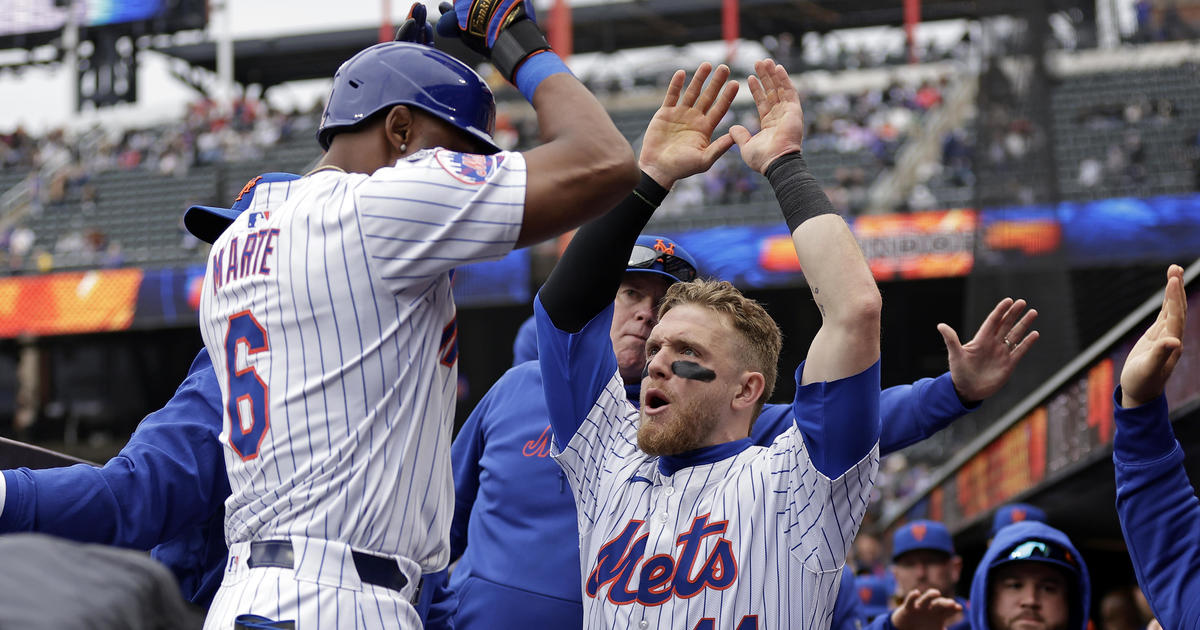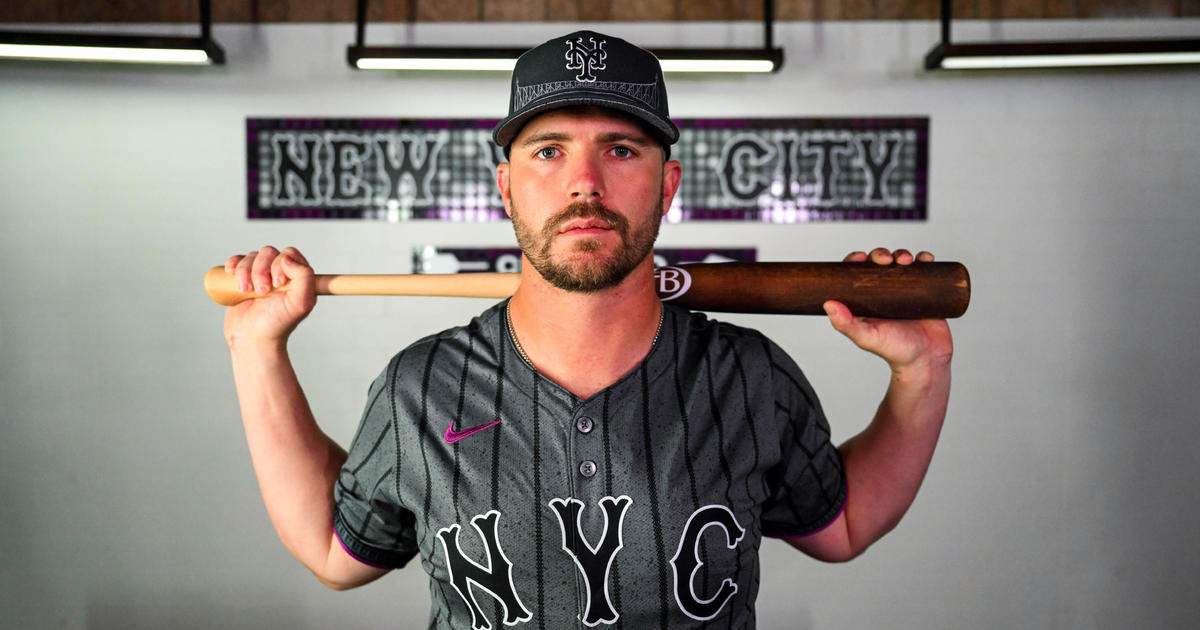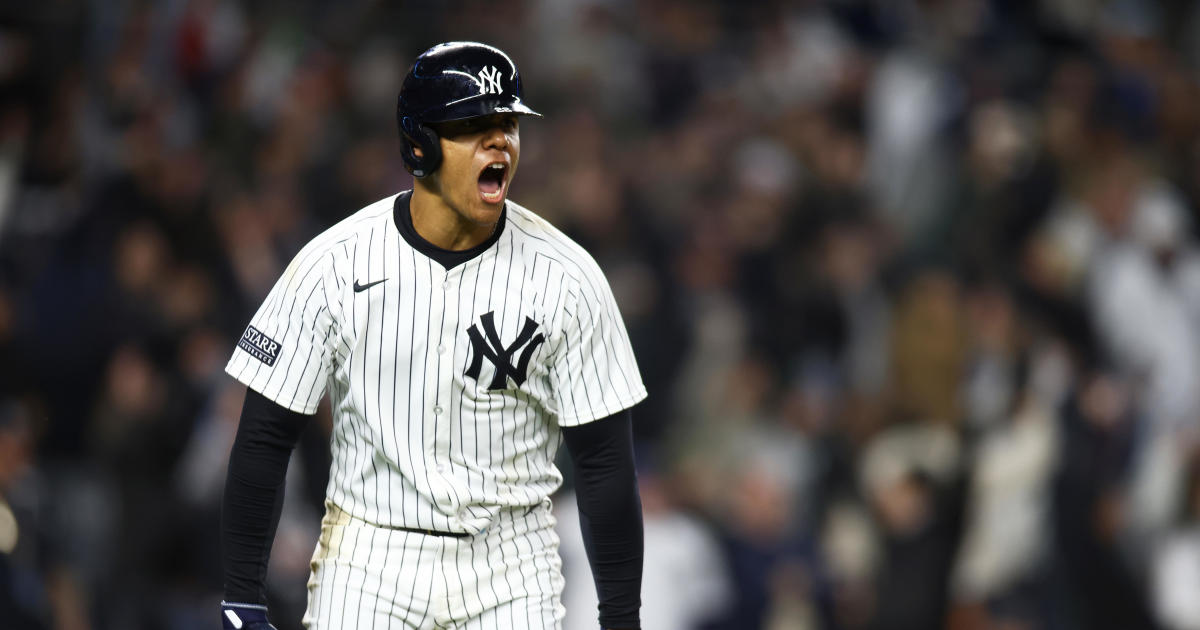Silverman: Arbour's Consistency And Brilliance Led Islanders To The Top
By Steve Silverman
» More Columns
Al Arbour took an ordinary team and made them good, a good team and made them great and a great team and made them legends.
He died Friday at the age of 82, after a long battle with Parkinson's disease and dementia.
The numbers say he is the second-greatest coach in NHL history, just behind Scotty Bowman and ahead of current Chicago Blackhawks boss Joel Quenneville who has built a modern-day dynasty by winning three Stanley Cups in six seasons.
Well, Arbour didn't work with modern-day standards. He built a juggernaut that reeled off four straight championships.
It certainly wasn't easy. He inherited a team that had almost nothing to offer as an expansion franchise, winning just 12 games and tying six others in their first season and burning through two coaches.
When Arbour took over behind the bench in his second season, he had been warned of the position by Bowman, who had been his coach during the end of his playing career with the St. Louis Blues. Bowman told him that he would finish last 10 years in a row with the Islanders, and Arbour stood his ground and let his coaching do his talking.
Arbour didn't win immediately, as the Islanders continued to struggle in Year Two, but even though the record says the team was just 19-41-18 in 1973-74, Arbour had already laid the foundation. He instilled discipline upon taking over the bench and he let his players know exactly what he expected of them on an every-night basis.
As a long-time defensive defenseman as a player - he scored 12 goals during the whole of his on-ice career - he knew exactly what it took to succeed. He had won three Stanley Cups during his career - one with Chicago and two with Toronto - and there was never any fooling Arbour.
Average coaches can be fooled by their players and so can the good ones, at least at times. With men like Bowman and Arbour, there is no fooling them. Players realized that quickly, and almost all of them came to the conclusion that there was no reason to even try any subterfuge.
The Islanders became more competitive that second season and became truly respectable in their third year. They made the playoffs with a 33-25-22 record and were a tough out every night. They became quite respectable during the regular season, and sowed the seeds for their brilliant future with their first playoff appearance in 1975.
The Rangers owned New York in those days, and when they drew the Islanders in a first-round, two-out-of-three shotgun series, the Islanders won the first game of the series at Madison Square Garden and then got demolished at home in Game 2. Instead of falling apart, they battled the Rangers on even terms in the decisive game.
It went to overtime tied at 3-3, and the next image is seared into the brains of fans of both teams. Seconds after the faceoff, Jude Drouin retrieved the puck in the corner and fired a perfect pass to J.P. Parise, who was alone for an instant in front of Rangers legend Eddie Giacomin. Parise deflected the sharp pass right by Giacomin, and the Islanders had their victory that send shock waves through the city and the league.
If that wasn't enough, the Islanders followed up that victory by beating the Penguins in the next round despite falling behind 0-3 in the series. They became the second team in NHL history to do so. They made it to the semifinals against the defending Stanley Cup champion Philadelphia Flyers, and they fell behind 0-3 once again. They rallied to tie it.
This time, they didn't have enough in the tank to down Bobby Clarke and Bernie Parent, but the message had been sent. The Islanders were on their way to becoming a formidable team.
In just a few years, the Islanders would take the handoff from Bowman and the Montreal Canadiens and become the NHL's best team. Montreal had reeled off four straight Stanley Cup seasons between 1976 and '79, and most recognized that team as the greatest in NHL history.
However, they didn't get that recognition in the Islanders' locker room. Arbour's team was developing and would make just enough mistakes to keep them from beating Guy Lafleur, Larry Robinson and Ken Dryden. They were stopped by the Habs in '76 and '77, and stubbed their toes against the Maple Leafs and Rangers in the next two years.
The loss to the Rangers was especially painful, because the Islanders were clearly ready to get into the ring and have an epic confrontation with the Habs. Bryan Trottier, Denis Potvin, Mike Bossy, Clark Gillies, Bob Nystrom and Billy Smith had fully matured, and they might have dethroned the champions in an epic battle.
Instead, they had to wait one more year. The team was a perfect mix of talent and grit, and Arbour knew every button to push. The Islanders grabbed the brass ring and Lord Stanley's Cup on a warm Saturday afternoon in late May of 1980 when Nystrom deflected a sharp pass from John Tonelli past Parent and gave the team its first Stanley Cup.
They would three more in a row, basically rag-dolling the Minnesota North Stars, Vancouver Canucks and Edmonton Oilers in the process. But as they went on their drive for five, Wayne Gretzky, Mark Messier and the Oilers came into their own, and defeated the Islanders and started their own dynasty.
Arbour had been the maestro of this brilliant team, working hand-in-hand with general manager Bill Torrey to get this team to the top and keep them there.
He had been tough with his team when he needed to and backed off at other times. He handled his team with aplomb and he brought them to the top.
He built perhaps the second-greatest dynasty of all-time in his sport, and he became one of the greatest coaches in the history of professional sports.
He cast a huge shadow over his sport and his team, and the Islanders were lucky to have had him.



